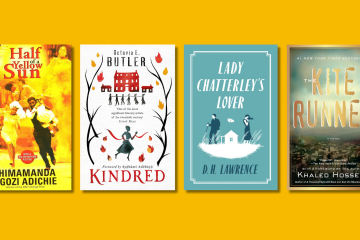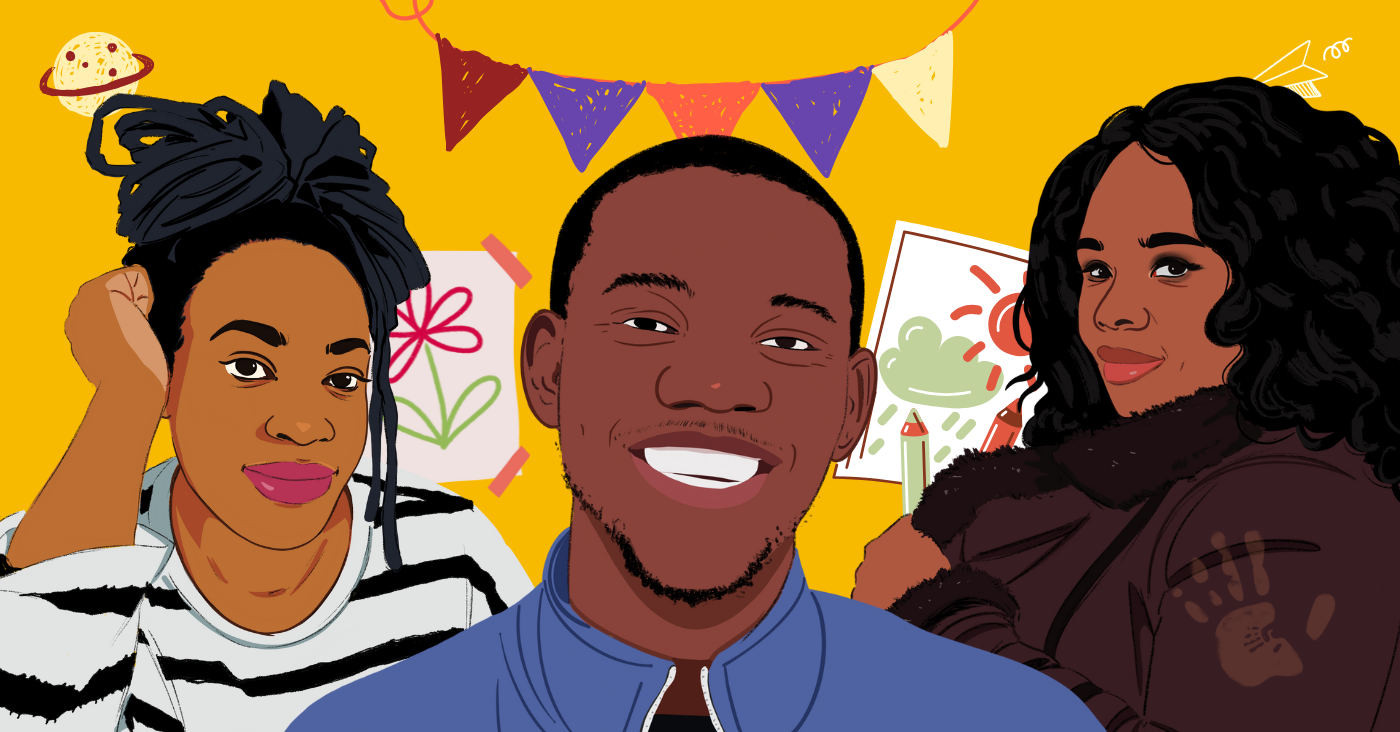10 African Writers and the Books That Made Them Become Writers
In our latest First Draft interview, we asked ten African writers, including Fatima Bala and Mũkoma wa Ngũgĩ, about the books that inspired them to become writers. Here’s what they told us. Read More...













